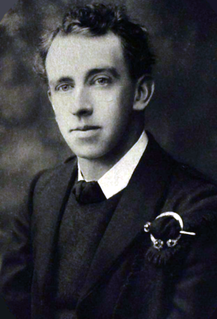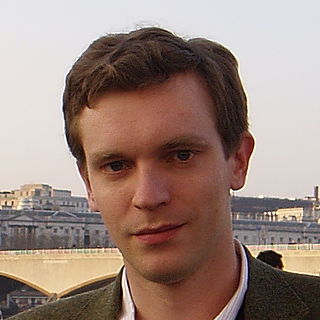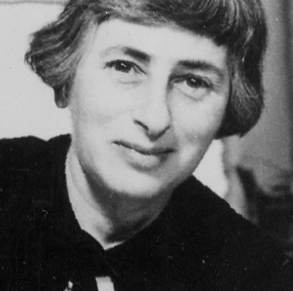A Quote by George Henry Lewes
A man may be variously accomplished, and yet be a feeble poet.
Quote Topics
Related Quotes
For what accords better and more aptly with faith than to acknowledge ourselves divested of all virtue that we may be clothed by God, devoid of all goodness that we may be filled by him, the slaves of sin that he may give us freedom, blind that he may enlighten, lame that he may cure, and feeble that he may sustain us; to strip ourselves of all ground of glorying that he alone may shine forth glorious, and we be glorified in him?
By whatever means it is accomplished, the prime business of a play is to arouse the passions of its audience so that by the route of passion may be opened up new relationships between a man and men, and between men and Man. Drama is akin to the other inventions of man in that it ought to help us to know more, and not merely to spend our feelings.









































